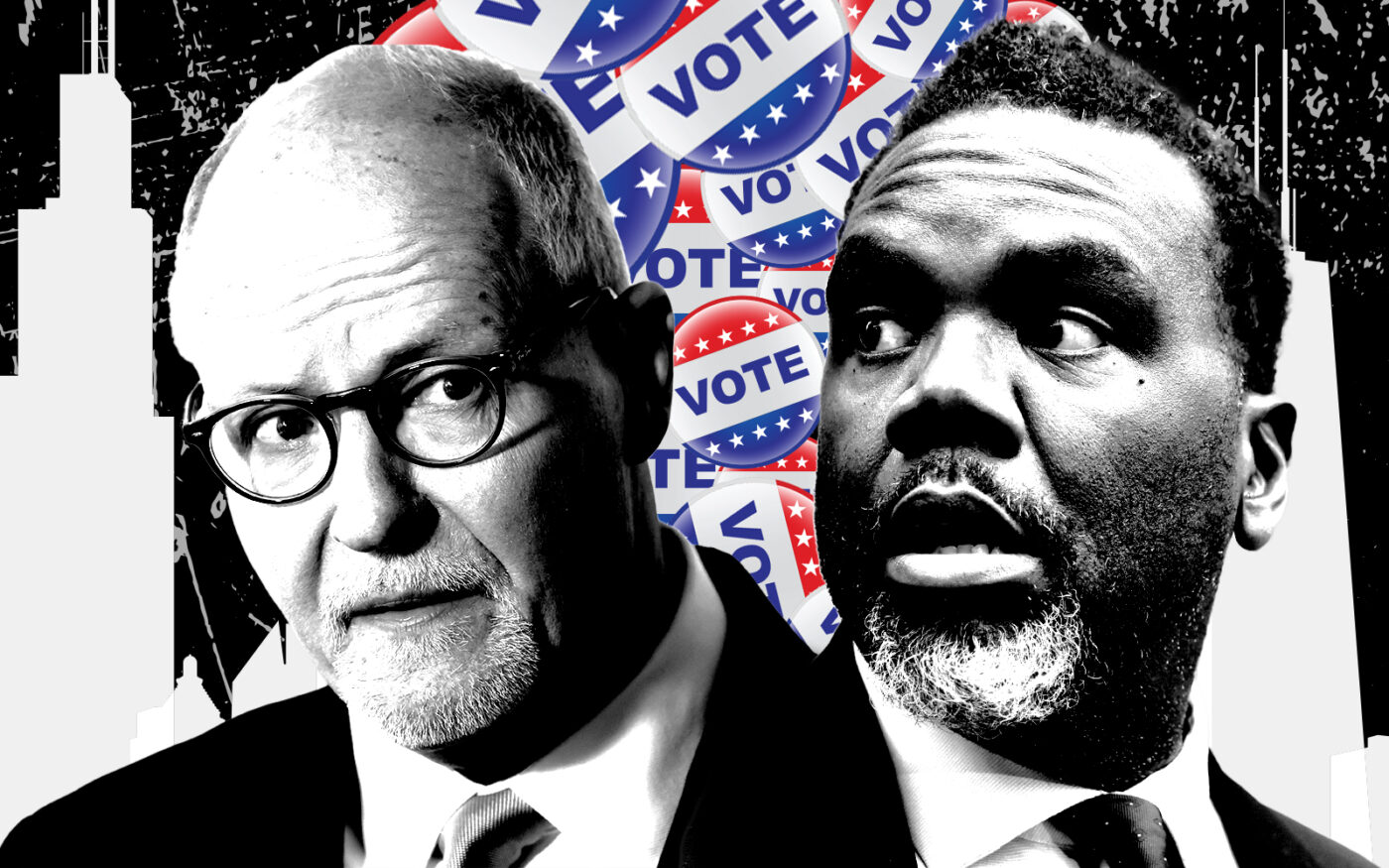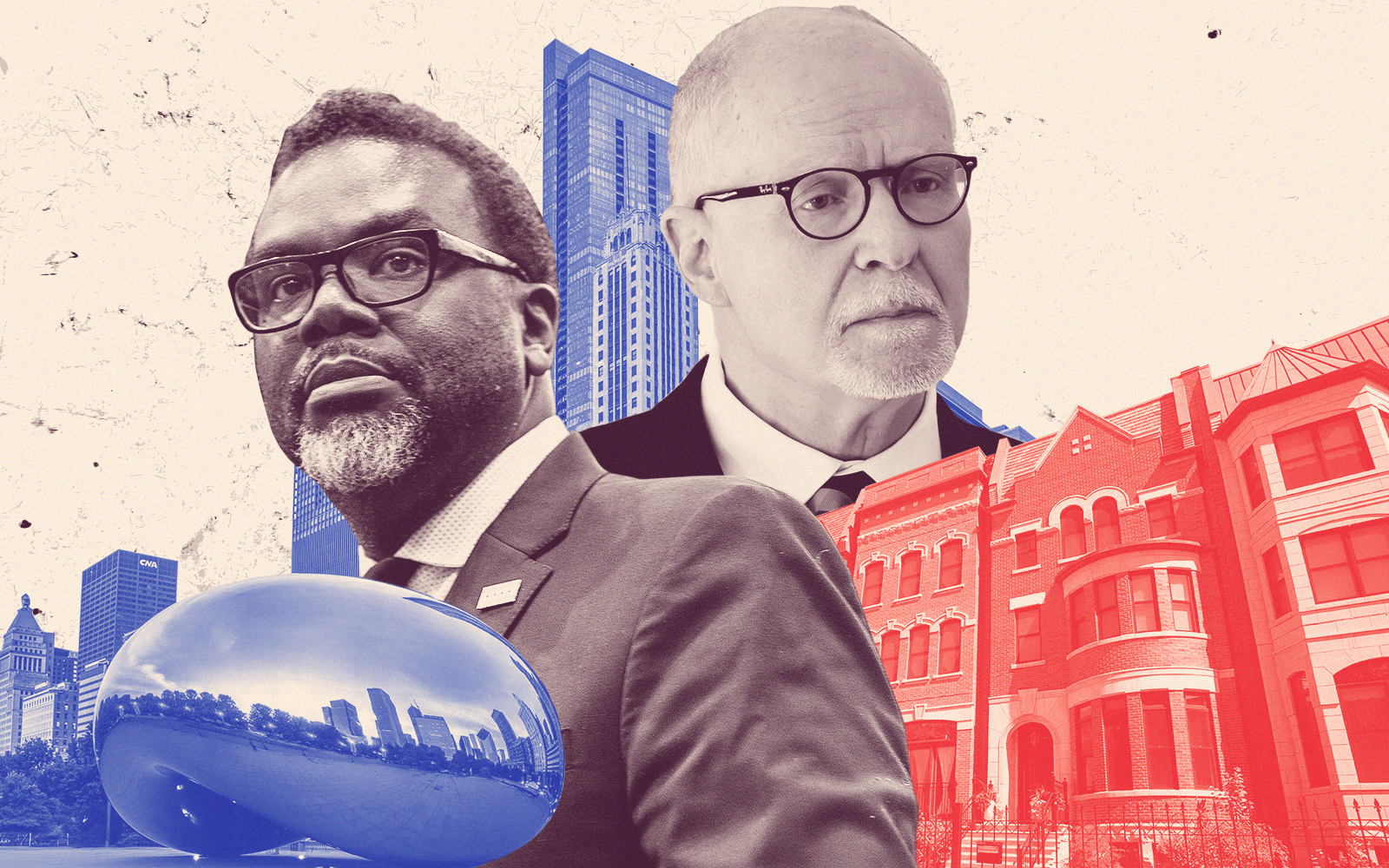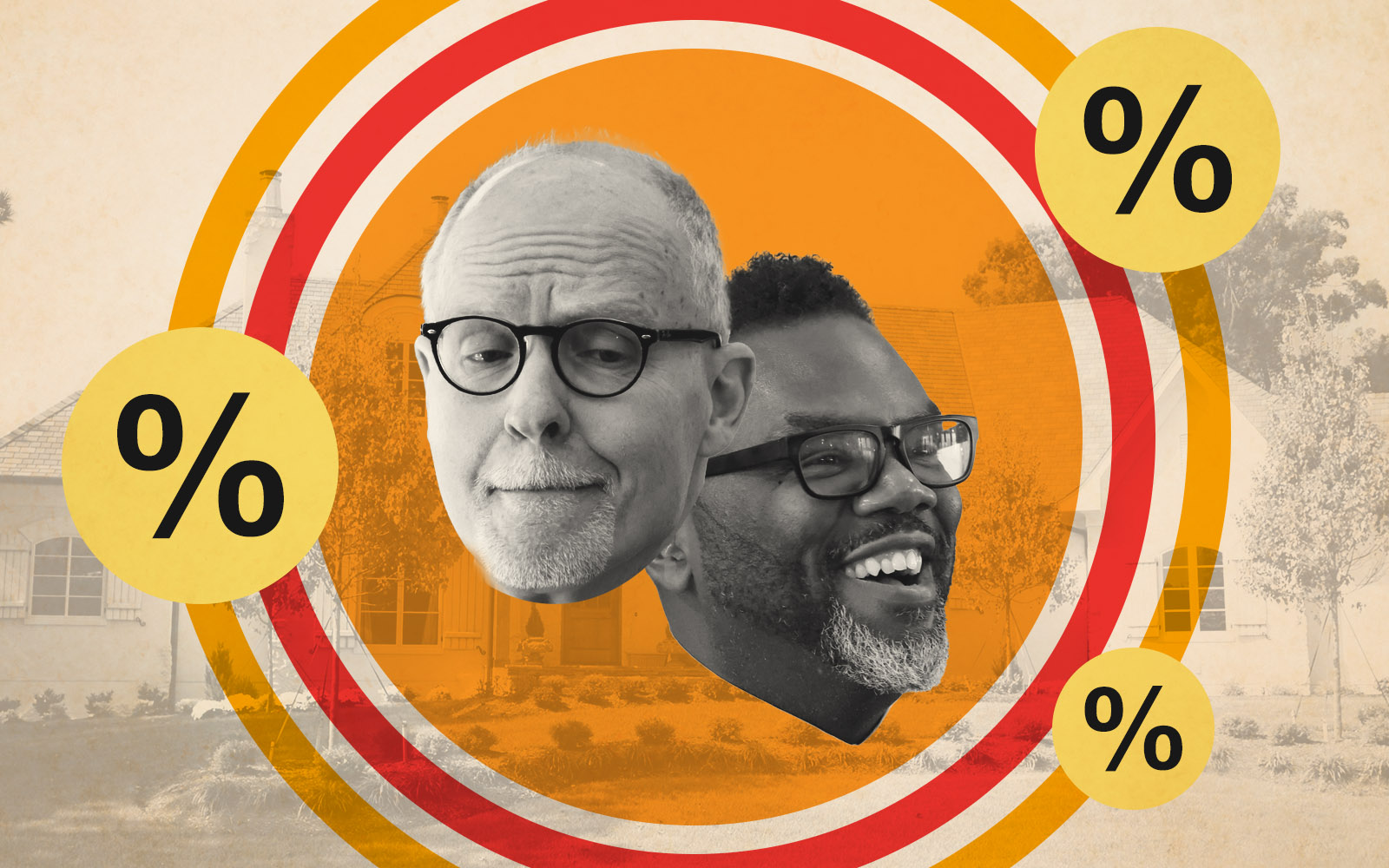Trending
Johnson wins Chicago mayoral race in blow to real estate
Former Chicago Public Schools teacher has backed tripling taxes on $1M property sales, vowed to fund education and mental health services

Former Chicago Public Schools teacher and Chicago Teachers Union organizer Brandon Johnson will become Chicago’s next mayor, in a narrow win and a blow to a real estate industry that supported his opponent.
The race was historically close, with the Associated Press calling it for Johnson with 51.45 percent of the vote in the April 4 runoff with 98.6 percent of precincts reporting. He defeated Paul Vallas, who garnered 48.55 percent, according to the Chicago Board of Election Commissioners.
Johnson, 47, is a Cook County Commissioner who vowed to improve Chicago Public Schools and had the support of the teachers union.
The results will disappoint the city’s real estate industry, which fervently supported Vallas and raised concerns about many of Johnson’s policy proposals, including backing an increase that would more than triple Chicago’s real estate transfer tax on property sales for $1 million or more.
With Johnson’s win, that proposal and others that have worried real estate players are very much alive, as the new mayor’s ability to rally support within the Chicago City Council will determine their fate.
Johnson garnered support from a broad progressive coalition, and won an election that was often viewed as the police union that supported Vallas against the teachers union which supported Johnson.
Johnson, who resides in the Austin neighborhood, had his run bankrolled by labor groups tied to teachers, which contributed at least $5 million to his campaign. Johnson has been a paid CTU organizer since 2011.
Vallas’ campaign funding came mainly from investors as well as some trade unions that kicked cash into the race in its final weeks. Real estate players, such as Sam Zell, Riverside Investment & Development’s John O’Donnell and Chicago Blackhawks owner and investor Rocky Wirtz, contributed hundreds of thousands of dollars to the Vallas campaign.
Johnson’s support for raising transfer taxes on property sales for more than $1 million especially drew criticism from the real estate industry. The proposal, backed by a group called Bring Chicago Home, would bring in an estimated $163 million in additional annual tax revenue that would then be allocated to combatting homelessness, according to the group. Nearly all real estate groups in the city oppose the measure, which has been floated multiple times over several years.
“Do we want that to be what we tell businesses looking at expanding here or coming here? The real estate transfer tax which affects every industry and homeowners, it affects commercial hotels, all businesses we want to come here and grow here and expand here,” Jack Lavin of the Chicagoland Chamber of Commerce, which endorsed Vallas, previously told The Real Deal. “All these taxes are very concerning, especially when our small businesses are also facing all these other challenges.”
Johnson also supports investing in education, jobs, affordable housing and mental health services. He has said if elected he will promote 200 Chicago Police Department detectives to improve the rate of solved violent crime. In a 2020 interview Johnson said “defunding the police” was a political goal, but has since walked that back.
He’s also faced criticism that he would cater to the teachers’ union if elected.
“My responsibility is to the entire city of Chicago,” he told the New York Times last month. “And look, I’m getting new friends every single day. And I have a bunch of old friends that we will have to have hard conversations with.”







